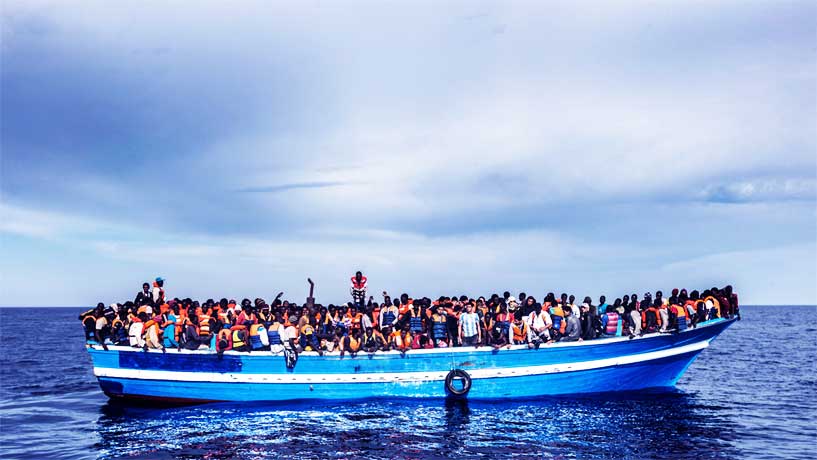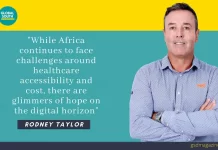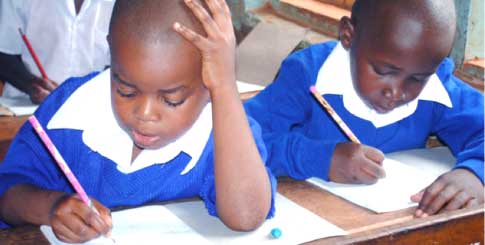
The consequences of the prolonged COVID-19 pandemic, deteriorating socio-economic conditions, protracted displacement and the critical shortfall in solutions to displacement are leading to widespread despair among refugees, warns UNHCR, the UN Refugee Agency.
In a statement, UNHCR has urged the international community to prioritize and boost essential mental health programs for refugees and those internally displaced.
“The need to support mental health assistance for displaced populations was critical before the pandemic but now we are dealing with an emergency and a picture of widespread despair,” said Filippo Grandi, UN High Commissioner for Refugees.
“Many refugees tell us they see their futures crumbling. The issues that drove them from their countries remain unresolved and they can’t return home,” adds Grandi.
“Many refugees tell us they see their futures crumbling.”
“Many who have survived in exile by eking out a living in the informal economy have lost their jobs. They are also anxious about their health and that of their families, not knowing when the pandemic will end and how they can really protect themselves. They see a lack of solutions and lack hope in the future.”
Alarmingly, some field reports have pointed to a rise in suicide attempts since the onset of the pandemic, including among those living in protracted situations of displacement. The number of suicide attempts among refugees in Uganda increased significantly with 210 attempts reported this year compared to 129 last year. In Lebanon, calls to the UNHCR National Call Center from refugees thinking about suicide or self-harm also increased in the past few months.
“There is growing desperation in the calls to helplines from refugees who are afraid or who tell us they don’t see a way out,” said Grandi.
The consequences of the pandemic are also affecting the availability of assistance with the overwhelming majority of the world’s refugees, 85 percent, hosted in developing regions.
“We need urgent investments to be made in mental health and psychosocial support programs for those displaced and their local, host communities,” Grandi emphasized.
“If we don’t address their wellbeing now in a holistic way, the effects may be irreversible and last for generations. Within the wider package of assistance, attention to mental health is essential to support the development of resilient, mentally healthy societies.”
Since the onset of the pandemic, UNHCR and its partners have reportedly provided more than a quarter of a million people, including children, with mental health and psycho-social support services. It is worrisome however that so many more are falling through the gaps.
UNHCR integrates mental health and psycho-social support within its health, protection and education work. However more support is required to sustain and boost these programs given increased needs.










